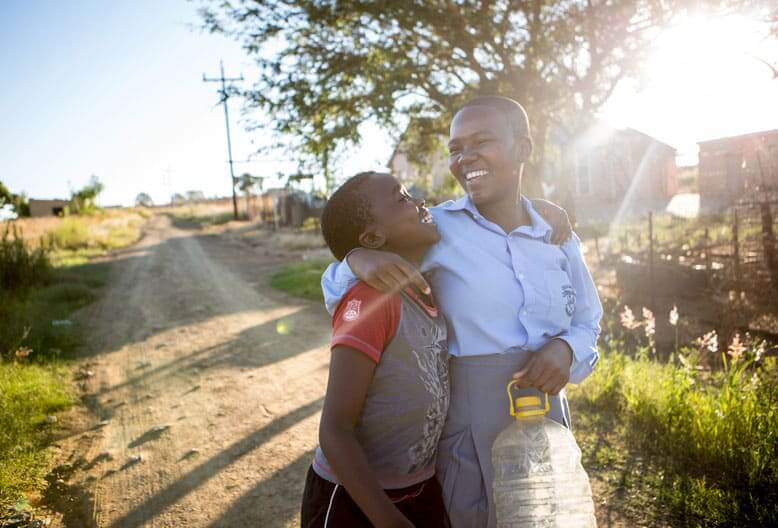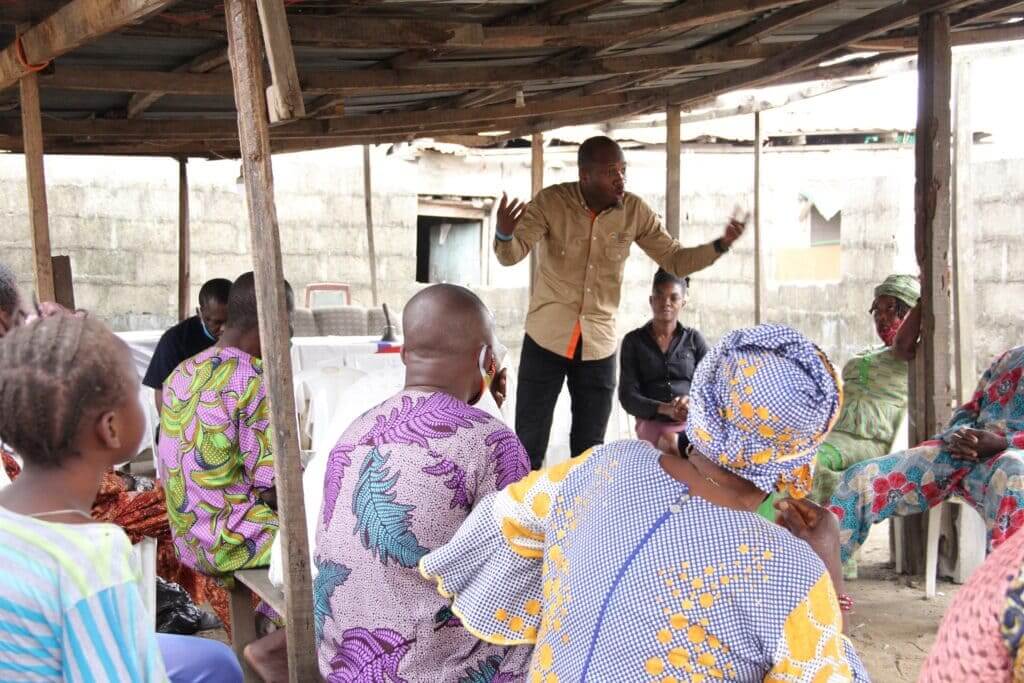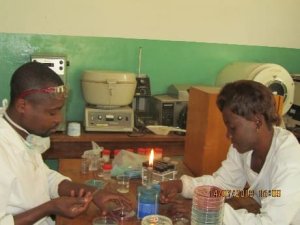Science And Policies Of Managing Wild Dumps In The Commune Of Ibadan DRC. What We Found
The year 2018 and from July 13 to 17, the city of Bukavu in the province of South Kivu, Commune of Ibanda of the Democratic Republic of Congo, was held an activity of the ASPDN branch of Congo. This activity, which brought together five participants and therefore the theme was linked to the issue of management of wild dumps in the municipality of Ibanda, was aimed at: children, young people, women, the scientific and technological community, non-governmental organizations , workers, farmers, indigenous people etc.
It brought together researchers from the Plant Physiology and Applied Microbiology Laboratory of the Official University of Bukavu. The team was therefore made up of a microbiologist, a hydrobiologist (invertebrate), an ecologist, a public health and political actor (provincial deputy), and a mycologist. The Laboratory of Plant Physiology and Applied Microbiology was the major sponsor of this activity.
In the city of Bukavu, the demography continues to increase day by day. The creation of wild dumps is increasing dizzyingly. The local population wonders from this point of view about the future of their living conditions and the challenge of evacuation remains an obstacle. Despite the increase in non-profit associations focused on the collection of household waste in return for membership, biomedical and electronic waste still present risks of contamination in the city. The sector involved in this context seems to be failing because no measures are taken into account. This phenomenon, which continues to increase, has resulted in diseases of various origins being reported in the region.
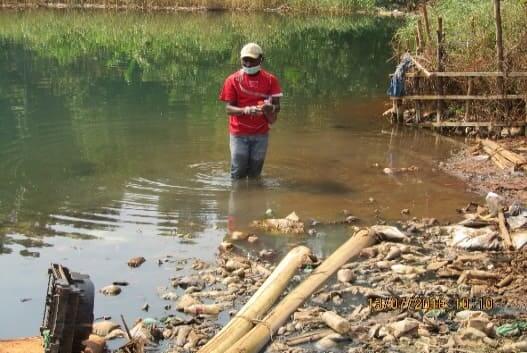
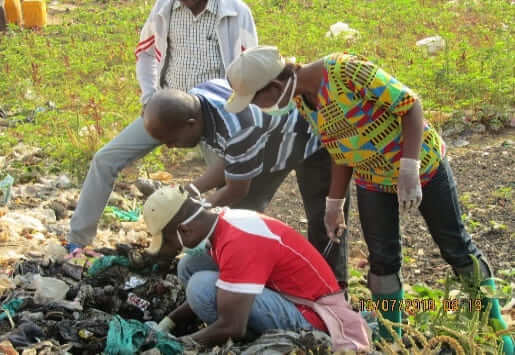
The general objective of this activity was to inventory wild dumps in the municipality of Ibanda and explore waste for biological analysis.
The activity on the issue of management of wild dumps in the municipality of Ibanda had the following specific objectives:
- Sample waste for microbiological analysis;
- inventory of macro invertebrates in waste;
- plant inventory;
- wastewater sampling for microbiological analyses.
In the Ibanda region, ten wild dump sites have been inventoried and eight sites for waste water weirs. Indeed, Salmonella sp, E. Coli, Vibriosp, Enterobactersp, are the most identified pathogenic bacteria in waste and wastewater. With regard to bacteria, nine orders of macro invertebrates inventoried and fifty-three ruderal plant species inventoried.
This field trip to Ibanda allowed us to realize that the consumption of plants growing on wild dumps, the search for food and metal objects by people, the proliferation of pathogenic diseases are the main challenges of poor waste management.
The challenges of this activity of the ASDPN within the framework of the problem of management of the wild dumps of the municipality of Ibanda were of several orders:
- Children’s access to sites without prevention;
- The risks of contamination among employees;
- Pollution in the environment.
Within the framework of this activity, the researchers discover new problems in the field of health, and the environment. The provincial deputy involved in this research obtains for this purpose new data necessary for the development of a sustainable waste management policy in the city of Bukavu.
At the end of these five days of intense activity, all the stakeholders concerned by the issue of management of wild dumps in the commune of Ibanda in the DRC, formulated a series of political recommendations for the community. national and international. As recommendations, we have:
- There is an urgent need to develop a comprehensive strategy to protect environmental resources and promote material conservation through safe disposal and recovery.
- A multitude of regulatory instruments and regulations relating to waste management need to be fully put in place, with “implementation text” accompanying the regulatory instrument.
- An effective information dissemination mechanism should be in place to ensure that local citizens are properly informed of the dangers of improper waste disposal.
- Train sanitation actors on the risks of contamination related to waste;
- Advocate with local authorities for the creation of a public and protected dump;
- Report the results of this research on the newspapers and support the researchers with training and equipment for the continuity of this study.
Contact Us
For further information on the Science and Environmental Sustainability programme, ASDPN International invites you to write to us:
info@asdpn.org
we will gladly share more with you.

